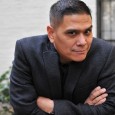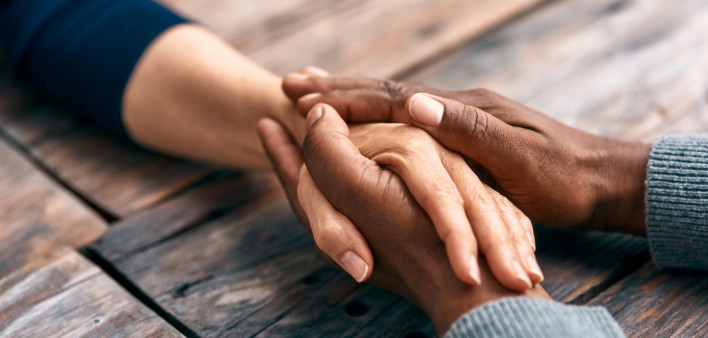Just this past weekend a friend recalled a recent encounter with a leader in the HIV field. In the exchange, the HIV leader asked why the community of people living with HIV did not thank him for all the work he does on our behalf. He was hurt and wanted answers. Yes, he is HIV-negative.
While we laughed, I recognize this line of questions. We have been asked by “allies” throughout all our movements to be grateful to people who are not directly implicated in discrimination. When doing race-based organizing, I’ve heard White people expect to be thanked for standing against racism; men expect public recognition for standing up for women, declaring themselves a feminist, or even just retweeting a #metoo statement; and heterosexuals want to be recognized for how cool they are with LGBT people (even as most are awkward around our sex lives). It’s quite odd to be asked to say “thank you” when racism, sexism, homophobia and transphobia affect all of us. Our privileges are shaped by other people’s oppression.
I am a gay man of color living with HIV. I have been challenged by substance use and other disabilities. I am intimately familiar with the ways that sexism, homophobia, racism, ableism and normativity work. I do not “fit in”. I am the target for much of the slings and arrows of this society. No one has ever thanked me for being discriminated against.
So when I hear people who consider themselves “allies” expecting to be thanked for their work, I wonder about their understanding of the world.
When I was couch-surfing in LA (a more polite way to say homeless), I still went to the gym everyday. I worked as a go-go boy; I also went to graduate school. At some point, I was broke and ran out of food. I went to services at a large HIV agency, the case manager was disgusted by me. She refused to give me access to the food pantry, commented on my physique and said “you don’t even look sick” as she closed my file. I was shocked and embarrassed and wanted to disappear. She rolled her eyes and asked me to leave. I looked at her and said, surprisingly calm, “because I have this disease, you have a job.”
I complained to her supervisor; she was fired.
In all likelihood this case manager thought of herself as an “ally” and a “good” person for working in HIV. Her disregard of my issues might have been because of a bad day, or a series of other unrelated issues. In the end, her actions meant I would not have food that week.
So I think about our allies in the HIV field – those HIV-negative people who expect to be commended for all kinds of actions. Some of them want to be recognized for remaining HIV-negative; some want to be thanked for doing their jobs. They get paid to work in a field developed based on our needs. We became vulnerable to HIV acquisition based on institutional, social and personal contexts: we do not necessarily get paid large salaries based on these vulnerabilities.
The HIV movement works best when we center people living with HIV. We have always had allies. In the opening of the remarkable ACT-UP film 120 BPM, the At-Large Member explains to the prospective new members that they will accept being labeled HIV-positive, that they will not claim to be HIV-negative in public, that they must stand together with people living with HIV, without hesitation. It is in this spirit that I question people who want to be thanked. We stand together – not because we want recognition – but because it is the right thing to do.
HIV is a social justice issue: it reveals the ways that our society actively works against some of us – because of our race, gender, sexuality, disability, poverty, substance use, immigration status and a myriad of other facets. I expect people who care about these issues to stand up alongside us in our HIV work.
I am thankful that we have an HIV community. I am grateful each time we get to come together. I understand that our convening requires the efforts of many people – some living with HIV and some who do not. Regardless I believe in the work that happens when a group of people living with HIV come together: the new ways we learn to love ourselves, as well as stand up for ourselves and each other.
I would caution those who expect to be thanked for doing their job or for being involved in HIV when they do not have it. I would ask them to consider what they’re grateful for. We live in a world that still criminalizes HIV, where many key populations (like sex workers, people of trans experience, people who use drugs, gay and bisexual men, and migrants) are still criminalized around the world, and where there is less political goodwill to address HIV then the 1990s. As people are touting the “End of AIDS”, I recognize that we - the community of people living with HIV - will still exist, and we will still live under the same systems that have marginalized us.








3 Comments
3 Comments